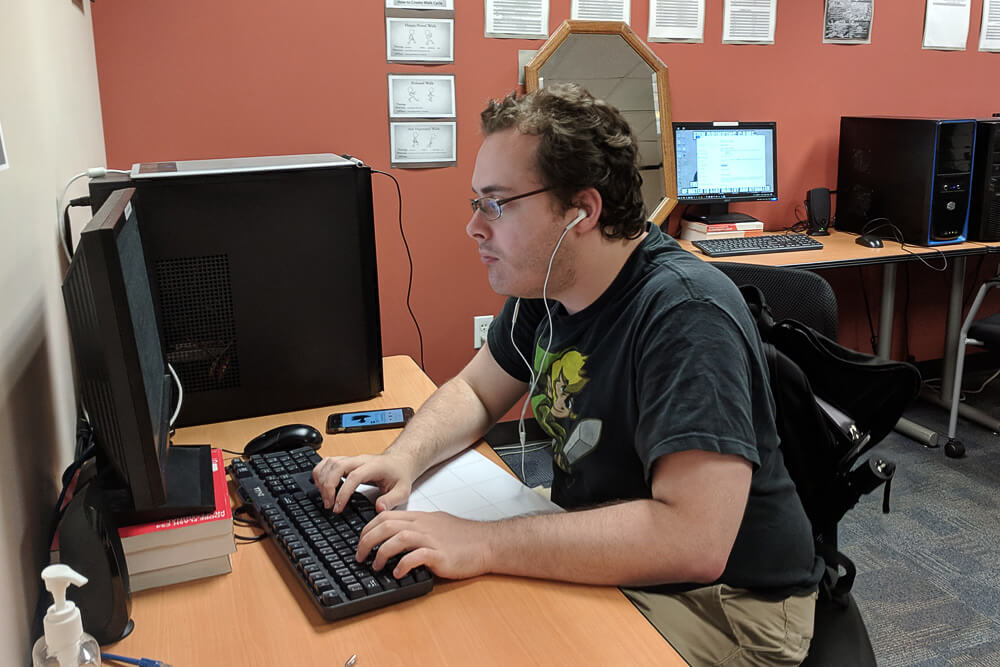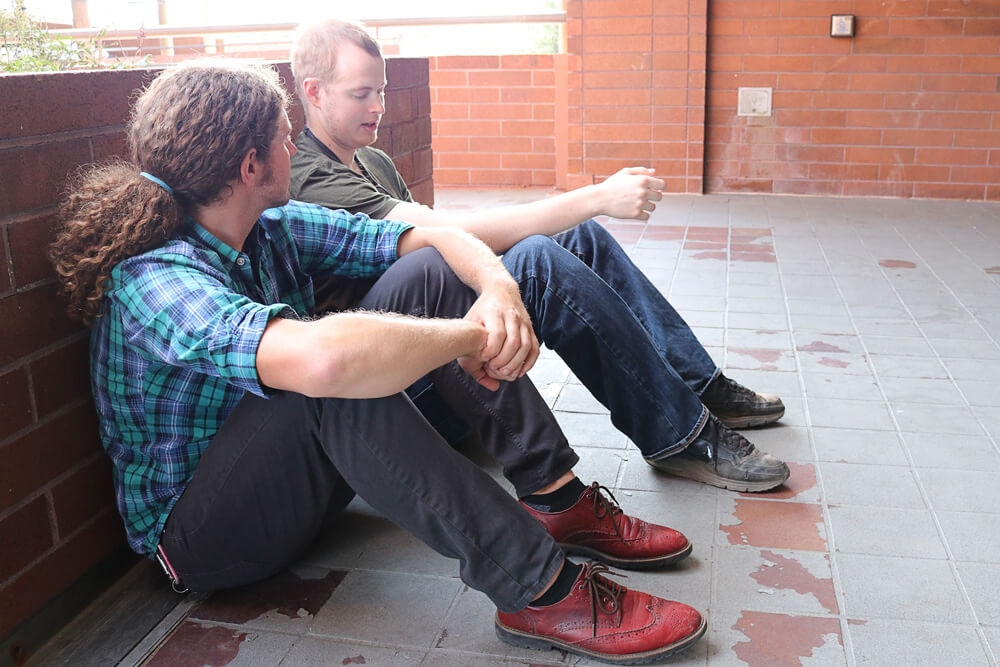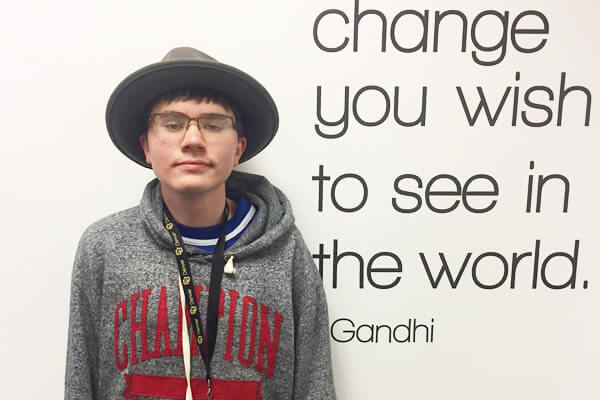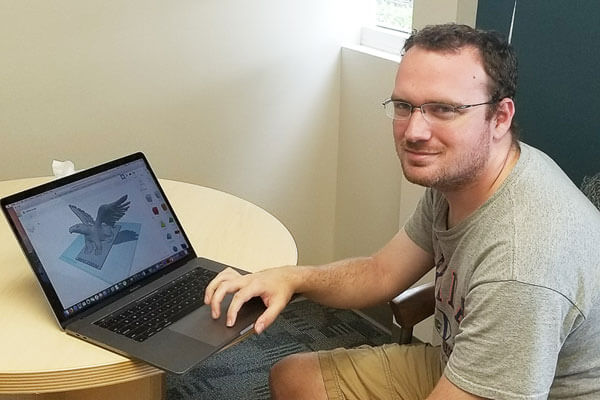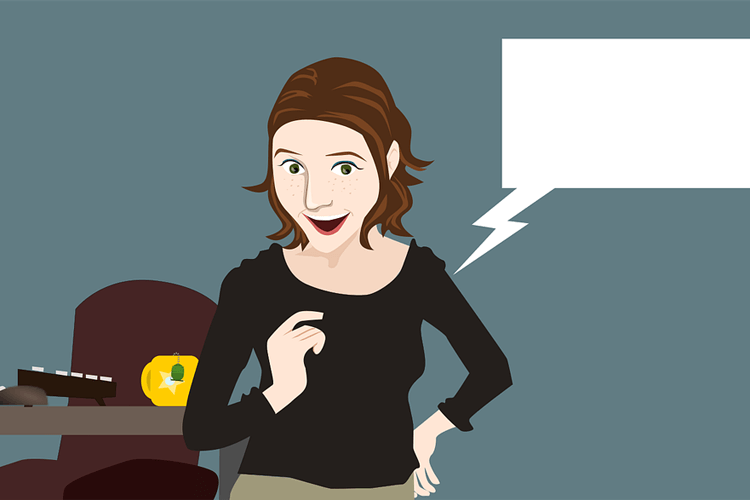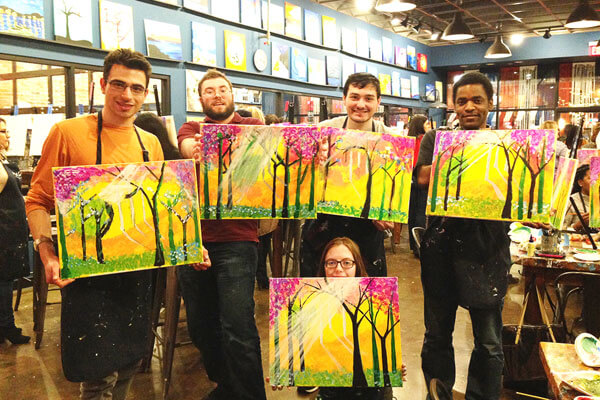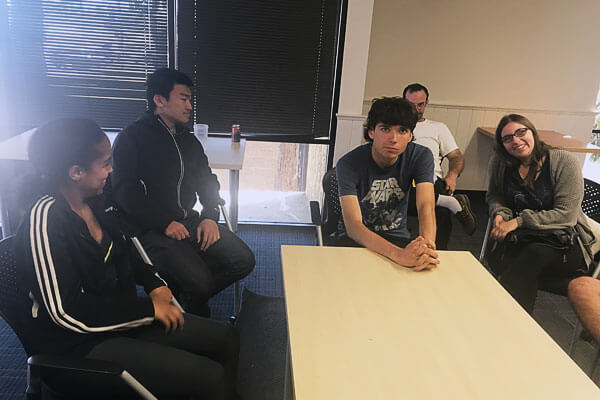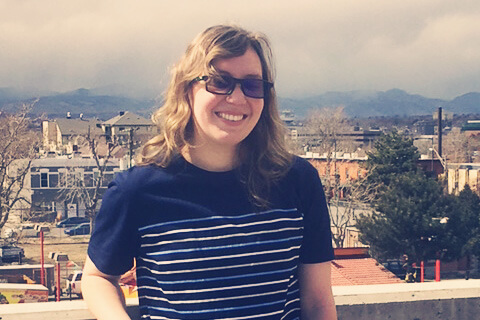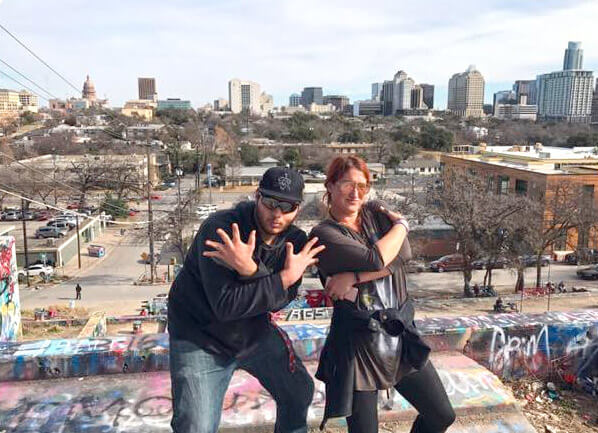Teaching Students How to Persevere through Positive Education
At CLE, academic tutors do more than simply teach students how to write an essay or how to solve an algebraic problem. Tutors teach students executive, organizational, and study skills--how to handle multiple responsibilities and how to manage their time. But most of all, how to become independent in an academic learning environment as well as other areas of their lives.

